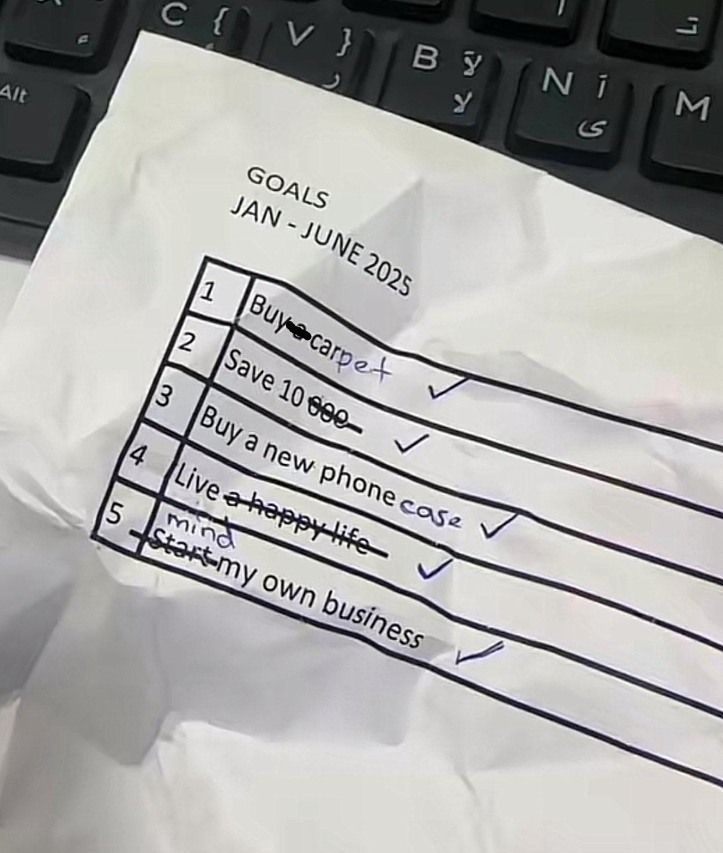I’ll admit I’m a fan of survival reality shows like Survivorman and Naked and Afraid. These shows are entertaining to watch and you can learn lessons from reality shows too. I find The History Channel’s Alone to be one of the more engaging ones. The contestants aren’t just fighting the elements for their survival – they do it by themselves.
If you aren’t familiar with this show, individuals are put in remote locations where they will have no contact with any other humans. They are allowed a limited number of survival items including a satellite phone so they can tap out. They must find food and build shelter. The last one remaining wins.
Having watched several seasons, there are lessons that the survivalists learn that apply in our businesses too:
Priorities matter. Survival means finding food sources, having fire, and building a shelter. Most contestants begin with either building a fire or creating a rudimentary shelter. They know that when the evening comes these will be the two most important items they need. Catching food, exploring the area, and other things are important but they must do what’s most important first. Otherwise, their ability to remain in the contest is quickly diminished. They can’t do it all at once, which leads to the closely-relates lesson of…
Pace yourself. One of the first lessons that the contestant learn is to pace yourself. Survival isn’t a sprint; it’s a marathon. One Day 1, everyone is full of energy and excitement, but reality kicks in as soon as they are dropped off. These men and women are in it for the long haul. Sustainable food supplies and a warm, dry, secure shelter are paramount. With limited tools and possibly small amounts of food, they can’t operate at 100% every day to secure those needs. They pace themselves so they have the energy and resources to reach their long-term goal.
Adapt. The contestants, like many of us, may catch a lot of fish one day and none in the same spot for days after. Long rainy days may limit what they can do outside their shelter so they do what they can inside. As the weather changes, a warmer shelter may be needed. The survivalists change their tactics when the environment or the situation changes. They stop doing what doesn’t work. Doing the same thing when it no longer serves their purpose or meets their needs is a poor survival strategy.
Going it alone is difficult. The emotional toll of being alone wears on the contestants. Their video diaries show the emotional and mental battles they wage in addition to fighting the elements and nature. Many of the contestant drop out for emotional reasons rather than physical ones.
Entrepreneurs and business executives face the same challenges. We must prioritize what’s important and ensure it gets done above all other things. We can’t run ourselves or our teams hard too long without time to recreate and regenerate. We have to change our tactics, services, and markets to stay relevant. And we need others – both internally and externally – to help us shoulder the burden of leadership.
https://opalpg.com/2018/08/06/lessons-from-a-reality-show/





